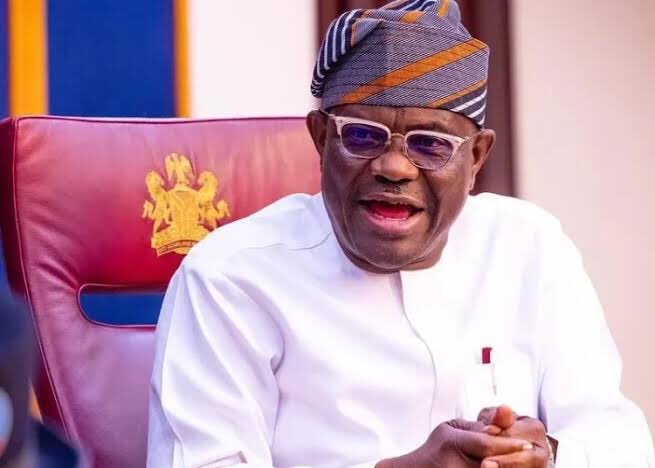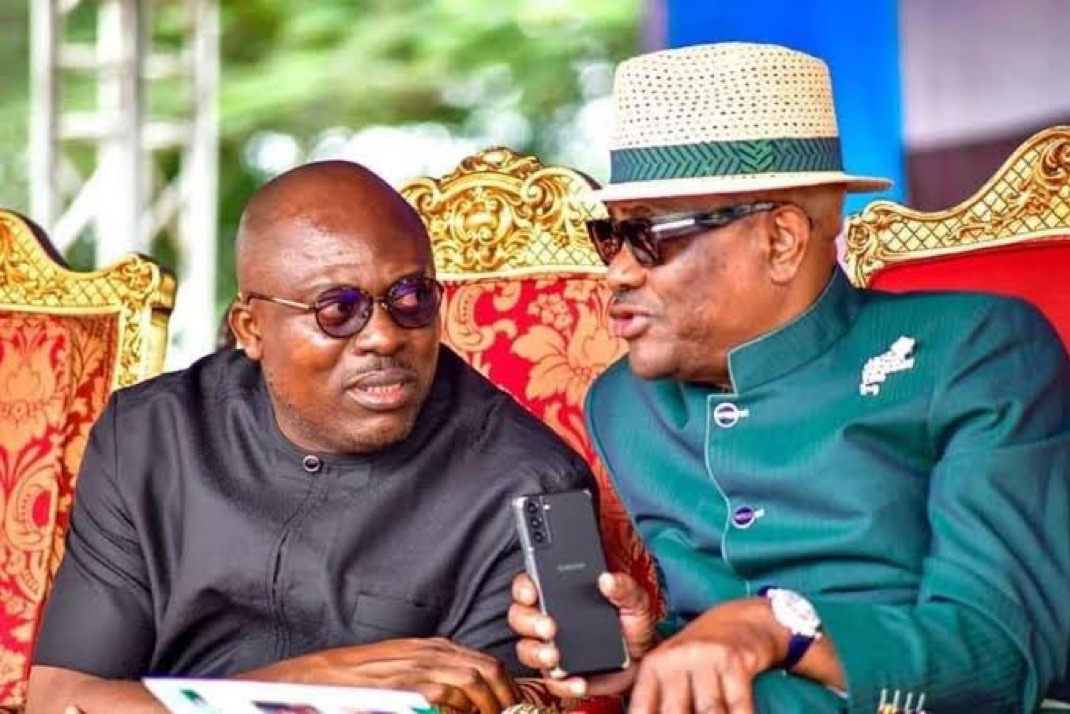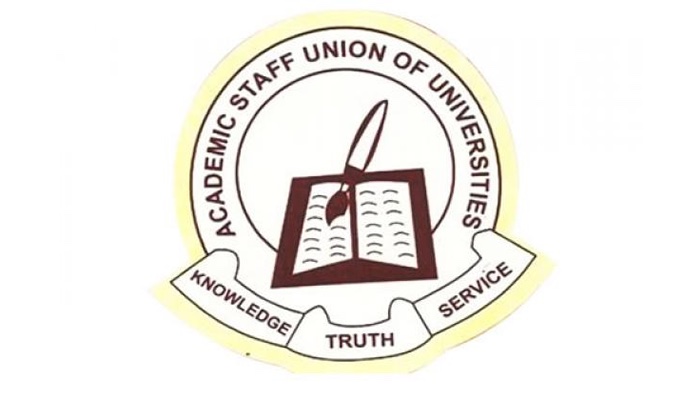
BREAKING: FCT Primary School Teachers End 3-Month Strike as Wike Releases ₦16 Billion in Arrears

After nearly three months of silence in classrooms, primary school teachers in the Federal Capital Territory (FCT) have officially called off their strike and resumed teaching today, July 9, 2025.
The breakthrough comes after FCT Minister Nyesom Wike approved and disbursed a total of ₦16 billion to settle part of the teachers' long-standing salary arrears and withheld entitlements.
The teachers, who had been on strike since March 24, cited unpaid minimum wage implementation, outstanding promotion benefits, and general welfare neglect by the six Area Councils under the FCT as the core reasons for their industrial action.
Their absence had left thousands of pupils across Abuja without access to public primary education, sparking nationwide concern over the state of education and government accountability.
But the impasse finally broke last week after Wike summoned an emergency meeting with education stakeholders and union leaders.
Following intense deliberations, the Minister ordered the immediate release of six months' worth of revenue allocation from the Area Councils’ Internally Generated Revenue (IGR) — funds which had been previously withheld.
The payment covered a portion of the teachers’ backlogs, including June salaries and five months of outstanding arrears.
In response, the Nigerian Union of Teachers (NUT), FCT Chapter, convened a congress and, after a unanimous vote, suspended the strike with immediate effect.
Students in public schools across the FCT returned to classrooms on Wednesday morning to the warm embrace of their teachers — some seen visibly emotional as they resumed duty.
“We appreciate the intervention by the Honourable Minister. While this is not the total sum owed to our members, it shows good faith and is a step in the right direction,” said Comrade Stephen Knabayi, Chairman of the FCT wing of NUT. He added that a joint reconciliation committee will be inaugurated in the coming days to audit all outstanding entitlements and ensure full compliance by the Area Councils.
Minister Wike, speaking through his media aide, noted that the ₦16 billion disbursed is a “bold step toward restoring dignity to the teaching profession.” He vowed to work closely with the teachers’ union to prevent a recurrence of such disruptions in the future.
This development marks a significant political and social win for Wike, who has faced increasing scrutiny over his handling of labour issues and FCT administration.
His swift financial intervention is now being lauded by many as a pragmatic approach to crisis resolution, even as conversations about sustainable education funding continue.
Parents across the FCT have expressed relief, with many thanking both the teachers for standing their ground and the FCT administration for finally listening.
However, education analysts warn that the government must not treat this resolution as a one-off. “This isn’t just about ₦16 billion — it’s about long-term structural reforms, predictable salary payments, and respect for educators,” said Dr. Mfon Ekong, a policy researcher at Abuja Institute for Development.
For now, learning has resumed, the chalk has returned to the blackboard, and thousands of pupils are back to where they belong — in class.
But the bigger question remains: Will this be the last time Nigerian teachers are forced to down tools before getting what they rightfully deserve? Only time — and action — will tell.


